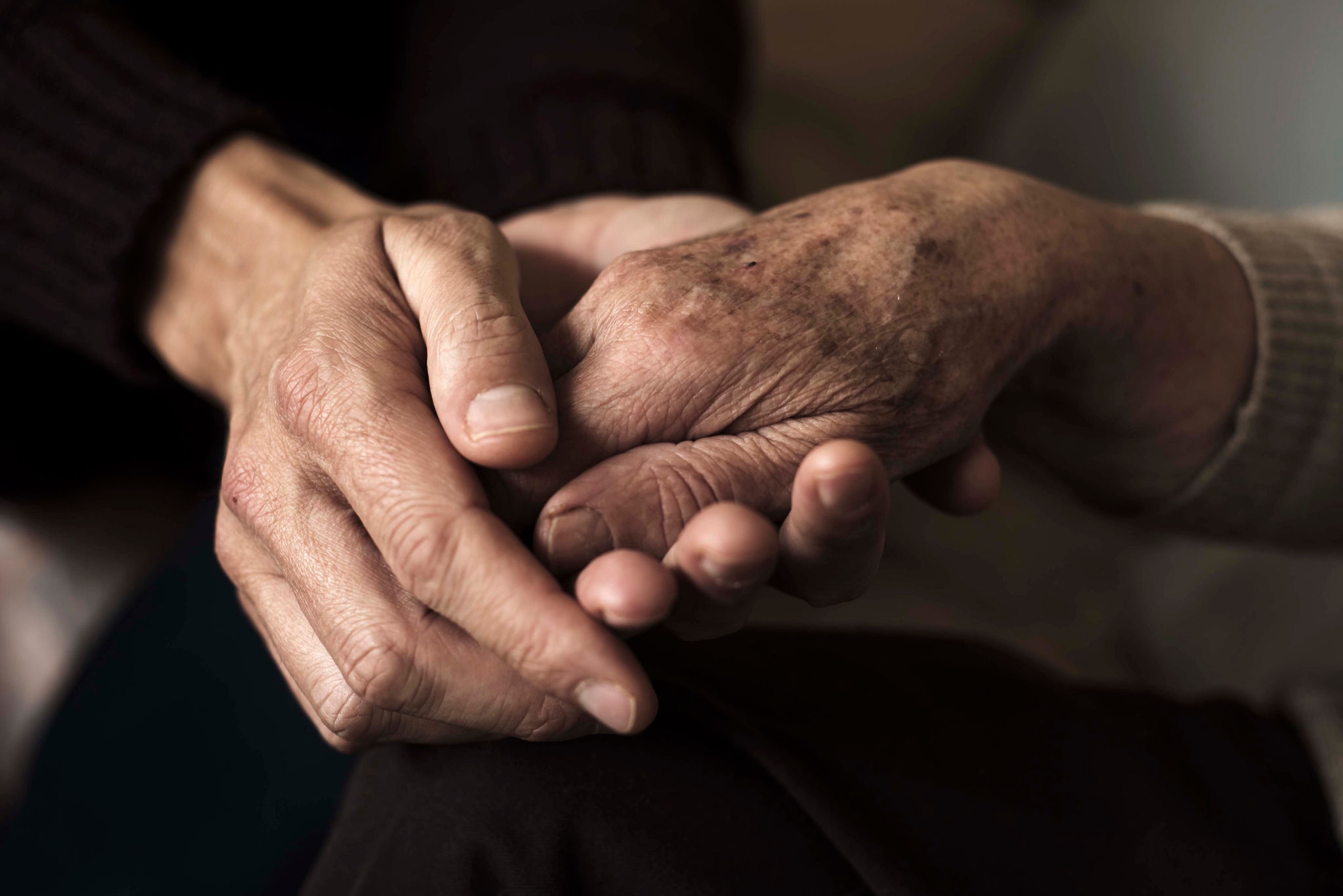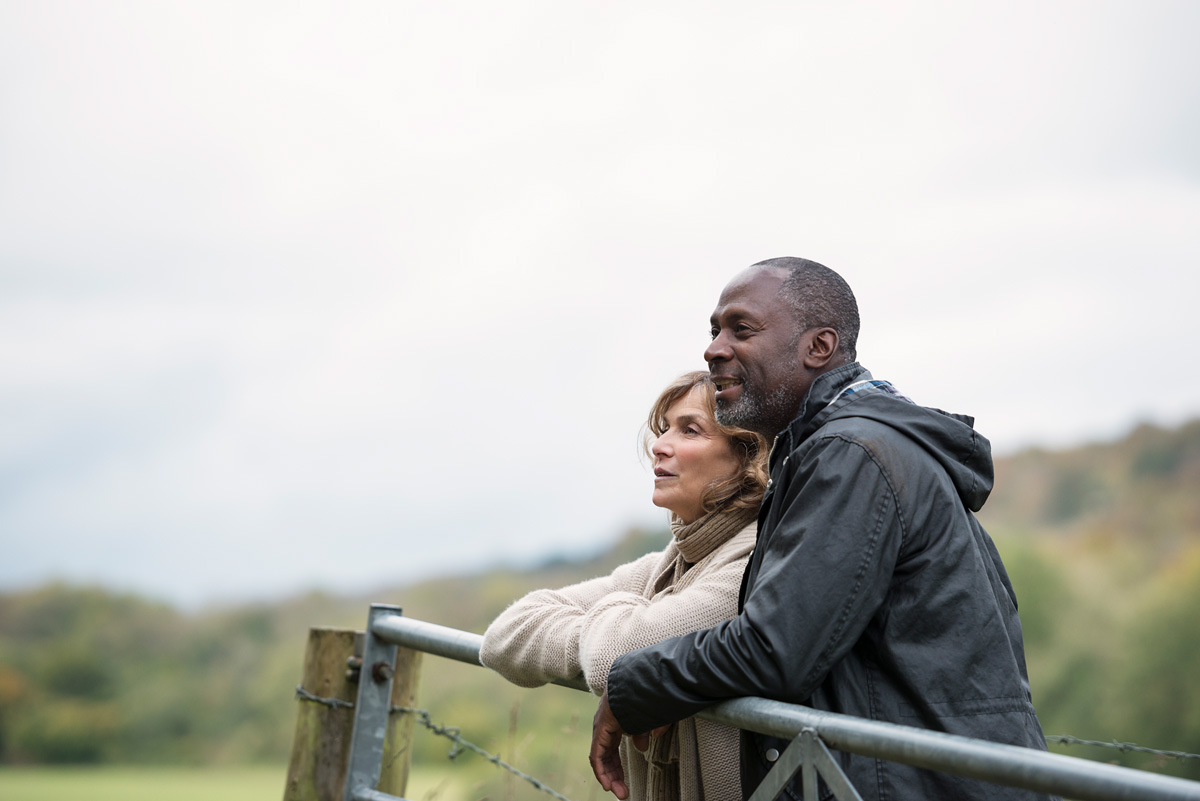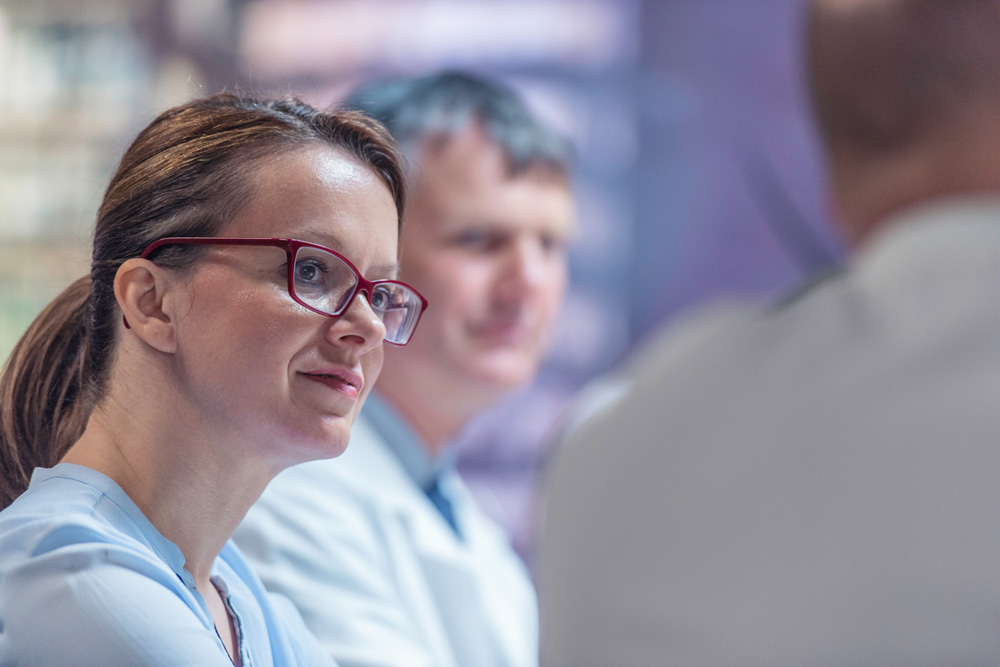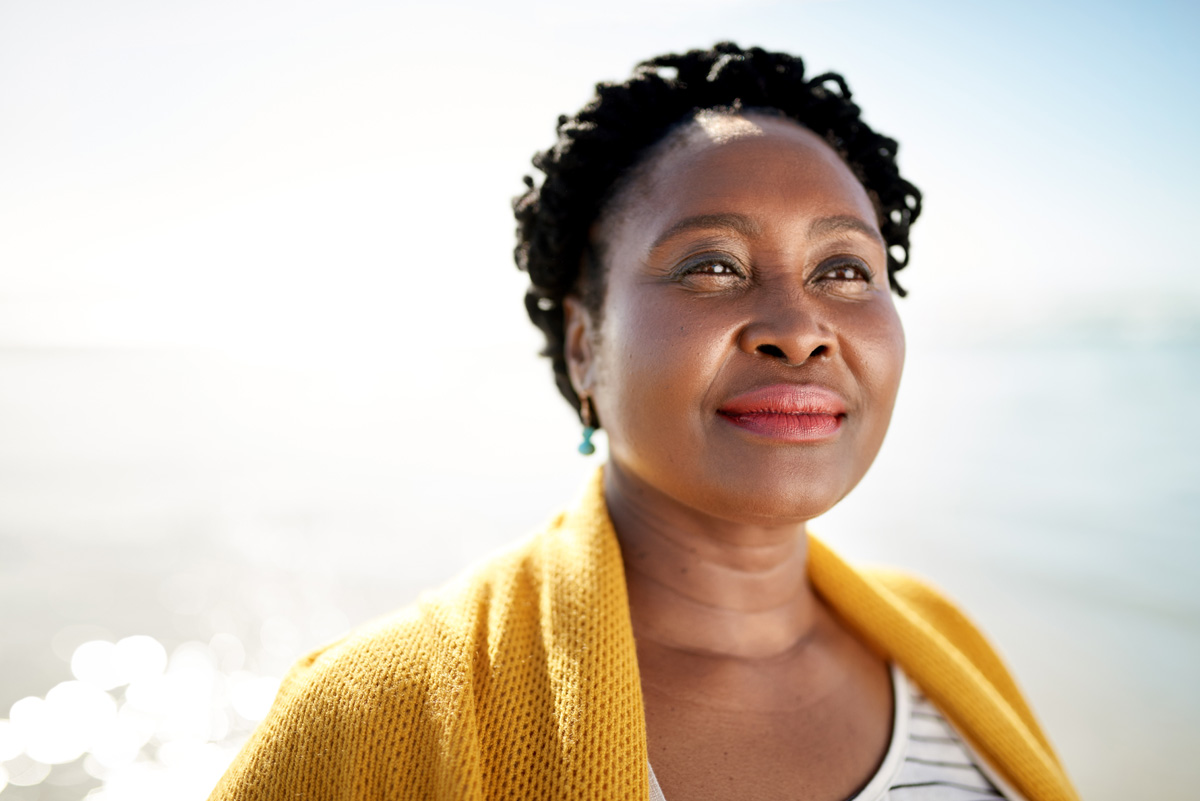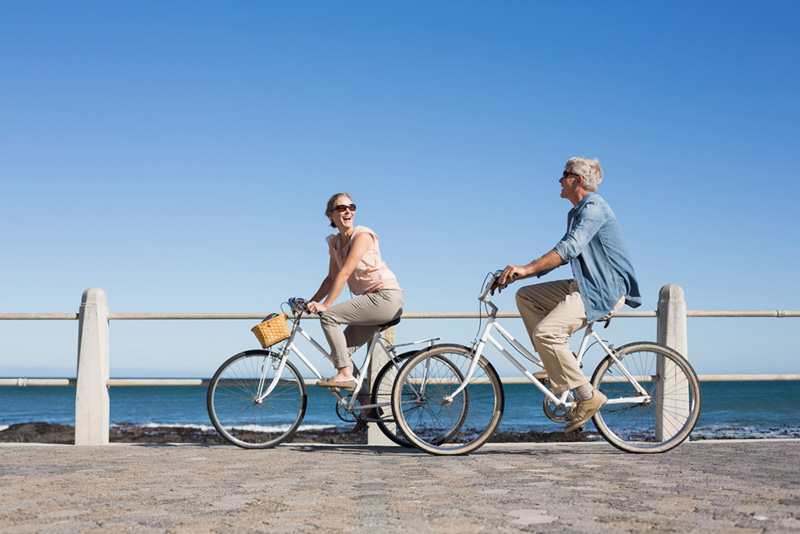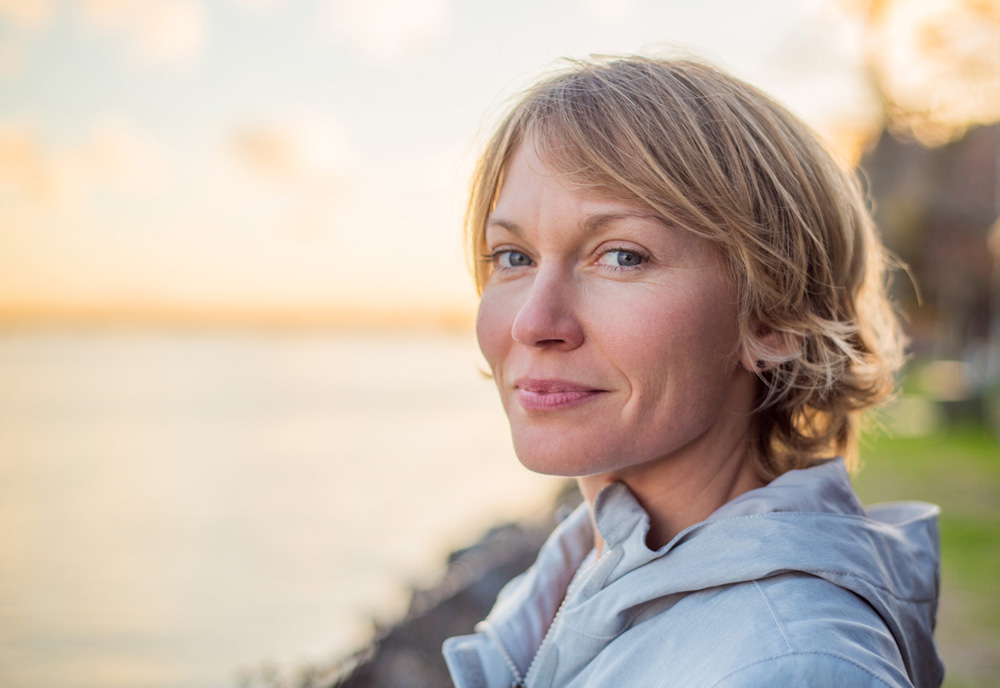How many people get cancer – age and other risk factors
5 minute read
Lots of people worry about themselves or a loved one getting cancer. It’s understandable because most of us will be affected by cancer at some point in our lives, whether it’s our own diagnosis or someone close to us.
Although the risk of cancer is frightening, these days we’re better equipped to face it than ever before. Today, we have advanced technology to help diagnose and treat cancer and a greater awareness of how to lower our risk.
Learn more about how common cancer is and what we can do to help reduce our risk.
How many people get cancer?
The most recent statistics from Cancer Research UK show that 1 in 2 people in the UK will be diagnosed with cancer at some point in their lifetime. This is higher than previous estimates, which is mainly because the way they measured the risk of cancer was different.
The risk of getting cancer is increasing gradually. Surprisingly, the reason behind this is a positive one - it’s because we live longer. Overall, we live healthier lives today, thanks to better hygiene, diets, housing and medicine, and our life expectancy has increased by around 11 years since 1960.
All of this is good news, but it does mean that, unfortunately, more people will go on to develop age-related diseases like cancer.
Contact us today
If you’re worried about cancer or concerned about any possible cancer symptoms, visit our diagnostic clinics page or call us on the number below and book an appointment today.
What’s the link between age and cancer?
To understand why cancer increases with age, it’s helpful to know how cancer develops.
In a healthy body, your cells gradually replace themselves by dividing in two. Cancer happens when this cell division gets out of control.
The abnormal cell growth is caused by damage to your DNA. Each time your cells reproduce, they have to copy their DNA. DNA acts as instructions that tell each cell how to behave and sometimes damaged DNA can cause mistakes in the cell instructions. This means cells no longer behave as they should, causing cancer cells to form.
Cancer cells replicate much faster, forming tumours or abnormal tissue. The longer you live, the more time there is for mistakes in your DNA to build up. Risk factors like smoking and UV-light exposure can speed up this process by increasing the damage.
Cancer is relatively rare in young people and children because there has been less time for mistakes to be made in the DNA and less exposure to risk factors. Half of all cancers are in people older than 70, though living a longer life doesn’t mean you will get cancer.
What is the risk of getting cancer?
It’s impossible to predict any one person’s risk of cancer, because it depends on lots of things, like your lifestyle, your genes and your age. However, we can look at overall trends to understand how common cancer is.
The table below shows how many people develop cancer at some point in their lifetime by type of cancer.
The lifetime risk of getting cancer by type and sex
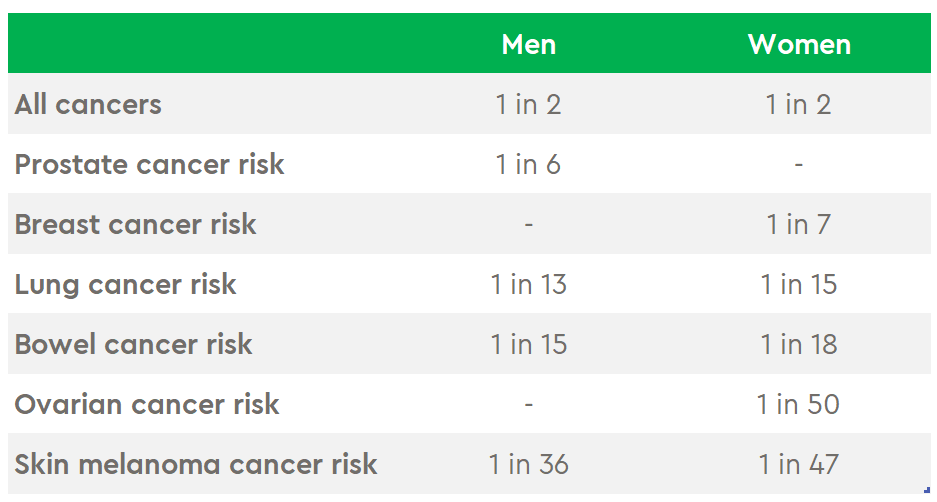
Table adapted from Cancer Research UK.
Your age and gender affect your risk of cancer. For women, the rate of cancer increases by age steadily throughout their lives, whereas for men, the rate of cancer increases more steeply from around 60 years. Over a lifetime, this balances out so, for both men and women, 1 in 2 will get some form of cancer.
There isn’t much we can do about our age, sex, or genetics - but there are other risk factors for cancer that we have more control over.
What are cancer risk factors?
Research shows there are steps we can take to decrease our chances of getting cancer.
Risk factors are anything that increases the probability of developing cancer. Avoiding them can’t guarantee you a cancer-free life but it could help. There is strong evidence that the following things lower your risk of cancer.
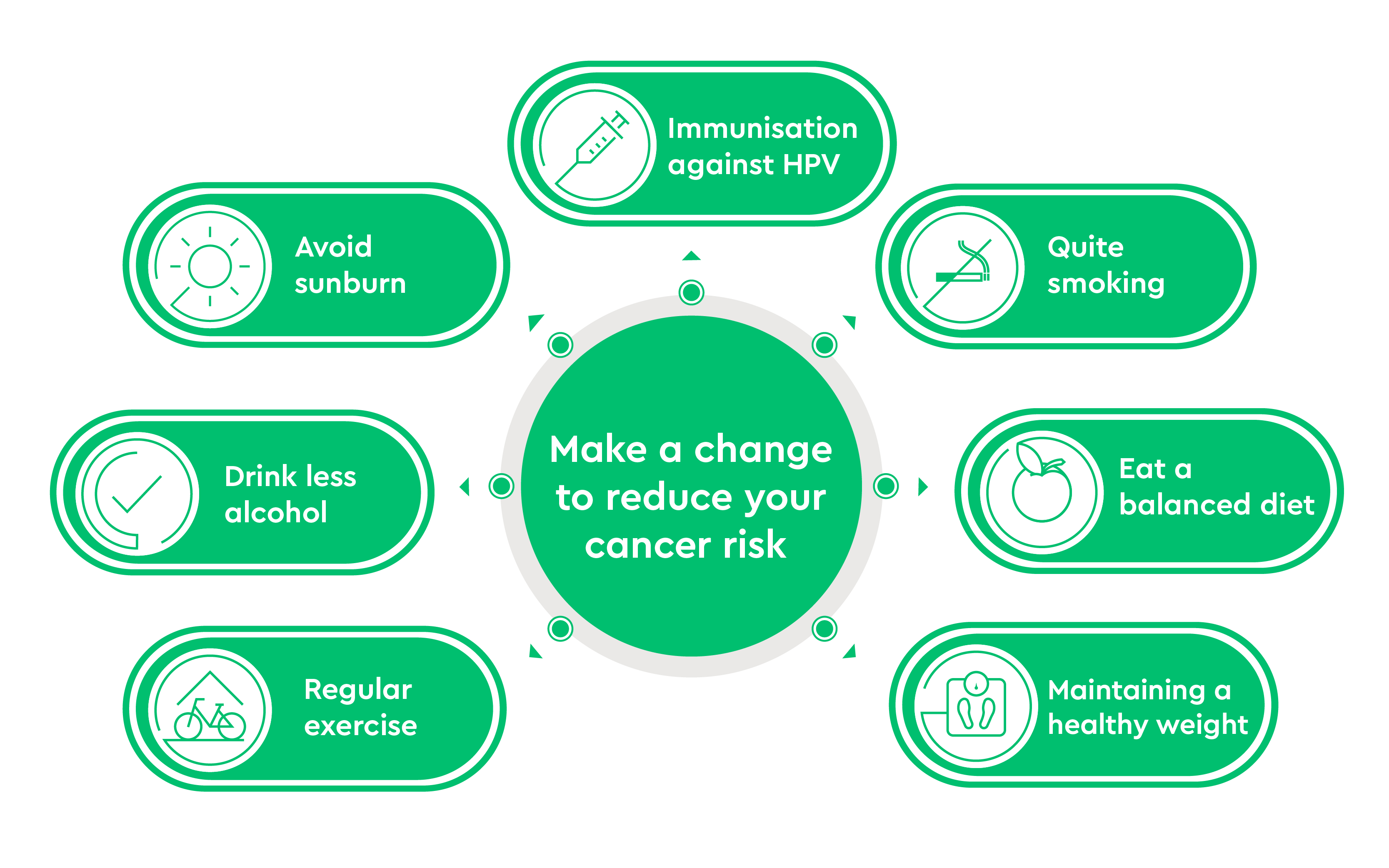
Explore ways you can follow this advice and live a healthier life, or read on to understand why these factors affect your risk of cancer.
According to Macmillan Cancer Support, over 1 in 4 cancer deaths are related to smoking.
As cigarettes burn, they release thousands of chemicals in the smoke. When you inhale the smoke - both directly and passively - these chemicals enter your lungs where they damage cells.
Some of these substances go into your bloodstream, where they travel around the body and can damage cells further away. This is how smoking leads to lung cancer and at least 14 other types.
There are two main ways that your diet affects your risk of cancer. While no specific food can cause or prevent cancer, there are types of food that can raise or lower your risk.
High-fibre foods keep your gut bacteria healthy, which can protect against bowel cancer. On the other hand, processed meat contains harmful chemicals to preserve it and these can cause cancer.
The second role of diet in cancer is to do with your weight. Being overweight is linked to several types of cancer, and what we eat has a big impact on weight. The layer of extra fat causes you to produce more hormones, which can stimulate cancer growth.
Sticking to your healthy weight by eating a balanced diet and exercising lowers your risk of cancer and several other health conditions, like heart disease.
At least 12% of cancers are linked to drinking alcohol. There are three ways that alcohol increases your risk of cancer:
- By damaging your cells
- Stimulating cells to divide more
- Helping cancer-causing chemicals to enter mouth and throat cells
Drinking alcohol also affects how your body absorbs and breaks down chemicals from cigarette smoke, making these two activities more dangerous when combined. The less alcohol you drink, the better is it for you, and ideally no alcohol is best in reducing your cancer risk.
HPV stands for human papillomavirus. It’s a common virus that is spread by touching skin with someone who has it, usually through sexual contact. It usually causes no symptoms, but it can increase your risk of cancer.
Most people will get HPV at some point in their lives but for some people, the virus goes on to cause damage to the cells. Most cases of cervical, vaginal, vulva, penis and anal cancers are caused by HPV.
Getting vaccinated against HPV protects against cancer by preventing high-risk oral and genital infections.
What can I do to protect myself from cancer?
Besides the other steps mentioned in this article, there are things you can do to reduce the risk of cancer. Knowing when, where and how to check for cancer means that you can get a timely diagnosis.
An early cancer diagnosis gives you more treatment options, which is why it’s important to keep an eye on things - especially as you get older. People of all ages with breasts should know how to check them for lumps and be invited for breast screening from 50-71 years of age. Similarly, there are important health checks for men over 50.
